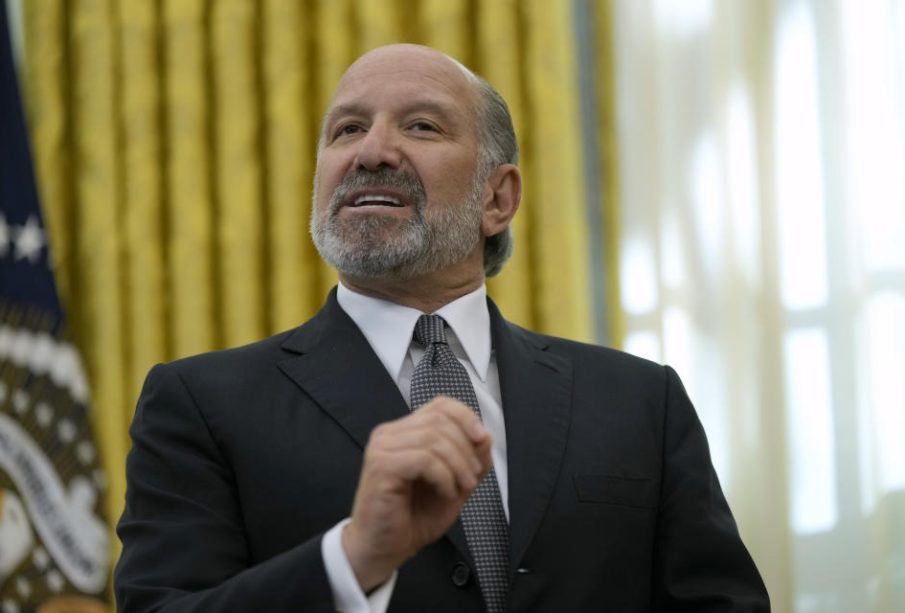The Career and Impact of Howard Lutnick

Introduction
Howard Lutnick is a prominent financier and executive known for his leadership as the CEO of Cantor Fitzgerald. His influence extends beyond finance into philanthropy, making him a significant figure in both realms. Recently, Lutnick has been in the news not only for his business decisions but also for his philanthropic initiatives, particularly in the wake of crises, underscoring the relevance of his role in contemporary society.
Background
Lutnick was born on July 14, 1961, and grew up in a Jewish family in New York City. He graduated from Haverford College with a degree in economics before joining Cantor Fitzgerald in 1983. After the devastating events of September 11, 2001, which claimed the lives of 658 employees from Cantor Fitzgerald, Lutnick’s leadership was pivotal in ensuring the company’s survival and eventual growth.
Business Achievements
Under Lutnick’s stewardship, Cantor Fitzgerald not only recovered from its losses but also expanded globally, establishing itself as a leading brokerage and financial services firm. His strategic vision has propelled the company’s growth in sectors such as fixed income trading and real estate. More recently, Lutnick has led efforts to adapt to changing market conditions, including advances in technology and finance, ensuring that Cantor remains competitive.
Philanthropic Efforts
Lutnick’s commitment to philanthropy is evidenced through various initiatives post-9/11, where he pledged a significant portion of company profits to the families of employees lost in the attacks. He founded the Cantor Fitzgerald Relief Fund, through which millions of dollars have been distributed to various charities and disaster relief efforts, further amplifying his impact beyond Wall Street. In 2023, he announced additional commitments to support mental health initiatives, demonstrating his proactive approach to pressing societal issues.
Conclusion
Howard Lutnick’s journey from a young financier to a prominent leader exemplifies resilience and adaptability. His enduring impact on both the financial world and the philanthropic community marks him as a key figure to watch in upcoming years. As global challenges evolve, Lutnick’s predictions and responses in both sectors will likely influence new business practices and strategies for social responsibility. For readers, understanding Lutnick’s initiatives offers insights into how financial leadership can intertwine with meaningful social change.









